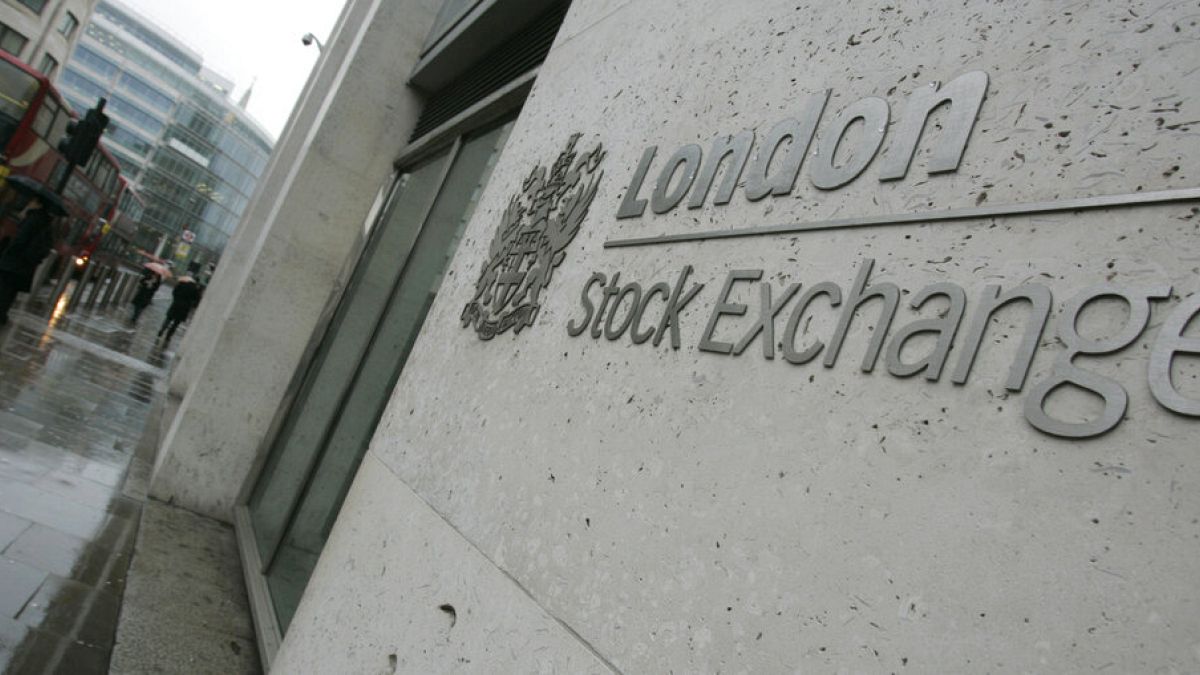The move comes as the London Stock Exchange has been struggling for several months to retain companies looking to leave the UK and list in more welcoming markets such as the US.
In the most significant move of its kind in decades, the UK’s Financial Conduct Authority (FCA) has announced a number of regulatory changes to company listings. The changes have been done in an attempt to encourage innovation and growth in what is seen as an increasingly lacklustre UK stock market.
The new rules have widely simplified the eligibility criteria for companies wishing to list in the UK, while also giving them more voting and decision-making power. Companies can now have dual-class share structures, which can go a long way in making sure that insiders, institutional investors and key stakeholders retain the shares with the most voting powers.
As a result, companies will be able to make more decisions without requiring shareholder approval, such as related party transactions. However, other important decisions such as reverse takeovers will still be subject to shareholder approval.
These changed rules will come into effect from 29 July onwards.
Sarah Pritchard, executive director, Markets and International at the FCA said in a statement: “A thriving capital market is vital in delivering investment to growing companies plus returns and choice to investors. That’s why we are acting to make it more straightforward for those seeking to list in the UK, while retaining vital protections so investors can help steer the businesses they co-own.
“Regulation is only part of the answer in helping the UK achieve sustainable growth. Other factors also play a significant role in influencing where a company decides to list. We’re committed to continually working together with all those who have a part to play in supporting a thriving UK capital market and thank everyone who has contributed to this work so far.”
The UK’s new Chancellor, Rachel Reeves, also said: “The financial services sector is central to the UK economy, and at the heart of this government’s growth mission.
“These new rules represent a significant first step towards reinvigorating your capital markets, bringing the UK in line with international counterparts and ensuring we attract the most innovative companies to list here.”
The new rules also make it much easier for innovative tech companies to list in the UK, without showing a three-year revenue history, thus encouraging more growth and diversity in the country’s stock markets.
Anne Glover, chief executive officer (CEO) of Amadeus Capital Partners, a venture capital firm which invests in early and growth stage tech companies said, in an email note: “The UK has always been a great place for tech innovation and business development, but it has been clear for some time that there are a number of factors, both structural and cultural, making growth-stage tech companies hesitant about staying in the country and eventually listing here.
“I’ve always argued that changing this dynamic is possible, but only if action is taken by the asset management industry, government and regulators, which is why I welcome the FCA’s change to the regulations.
“I have also called for pensions reform for a long time too, which would enable a small proportion of UK managed assets to be invested in UK entrepreneurial, risky, but very high potential private companies. The Mansion House Compact was a great first step. These are needed steps if we want to grow the economy sustainably by creating and building the industries of the future.”
Could the UK stock market be looking up?
The UK stock market has been facing an exodus of companies lately, with the likes of Flutter Entertainment, Shell, CRH and Smurfit Kappa all choosing to up sticks and list in the US, due to a more welcoming legal and investment environment.
However, in the last few months, UK initial public offerings (IPOs) have picked up slightly, with Raspberry Pi, Shein and Rosebank Industries being some of the most well-known names choosing the UK to list in. This has led to significant hope that the country’s investment environment could be making a turnaround.
Rosebank Industries’ IPO on Thursday was the first one since the general election, with share prices almost doubling on the same day.
Regarding this, Dan Coatsworth, investment analyst at AJ Bell said: “The UK has a strong history of producing high quality industrial and manufacturing businesses, and if Rosebank can help any ailing ones to recover, then it would be good for the country as well as the fixer’s pockets. But there is no guarantee that Rosebank will always clean up.
“For now, the market reaction to Rosebank’s IPO could encourage other entrepreneurs to follow suit and list in the UK. That would be positive for the London Stock Exchange, given the market is currently diminishing in size due to takeovers and companies defecting to other countries, mainly the US. It would also play well into the FCA’s new listings regime announced today, which hopes to make the UK an easier and more attractive place for companies to list.
“The regulator’s intentions are good, but there are some flaws to the reforms as they could encourage lower quality and higher risk companies to list.”

